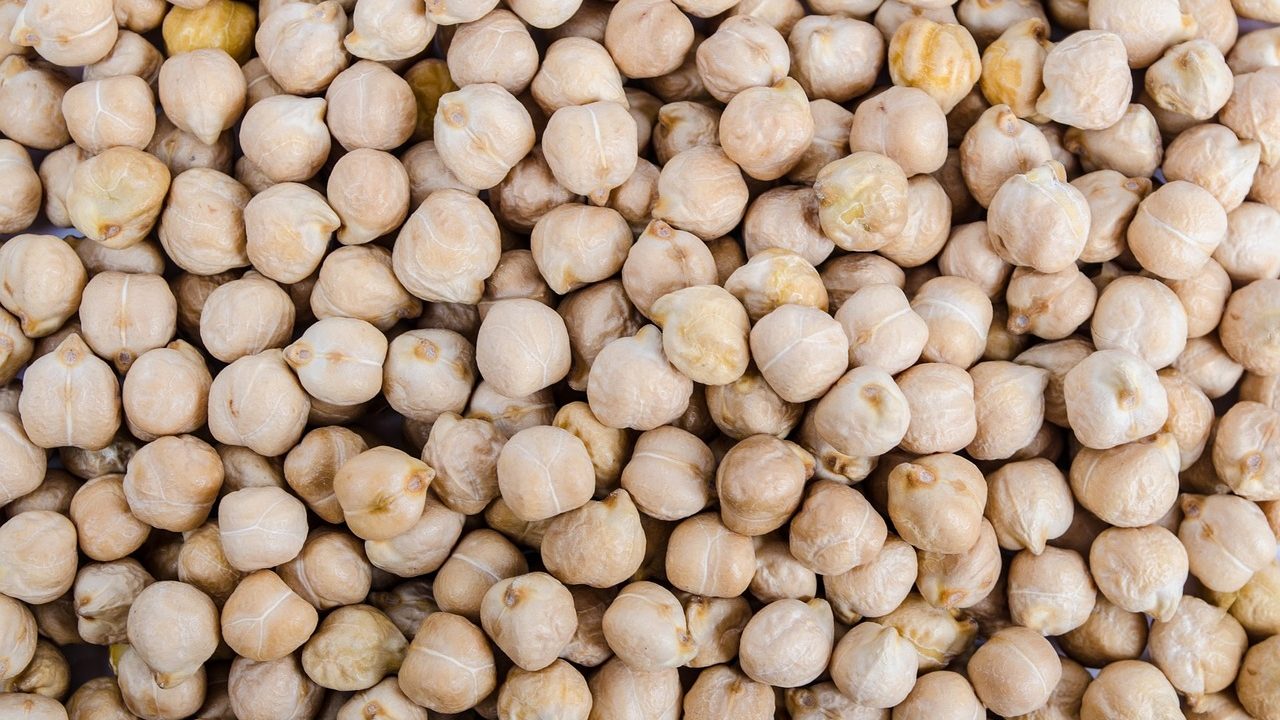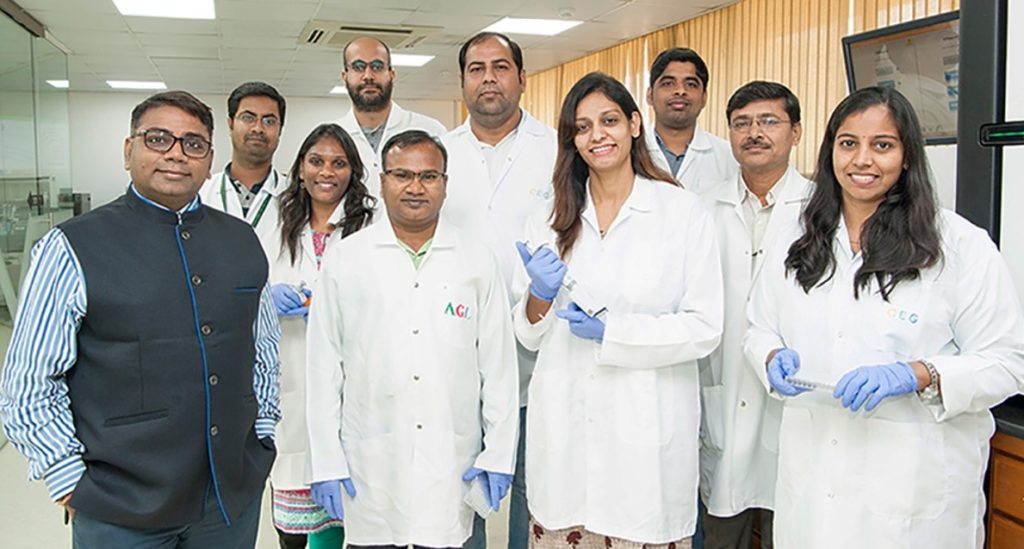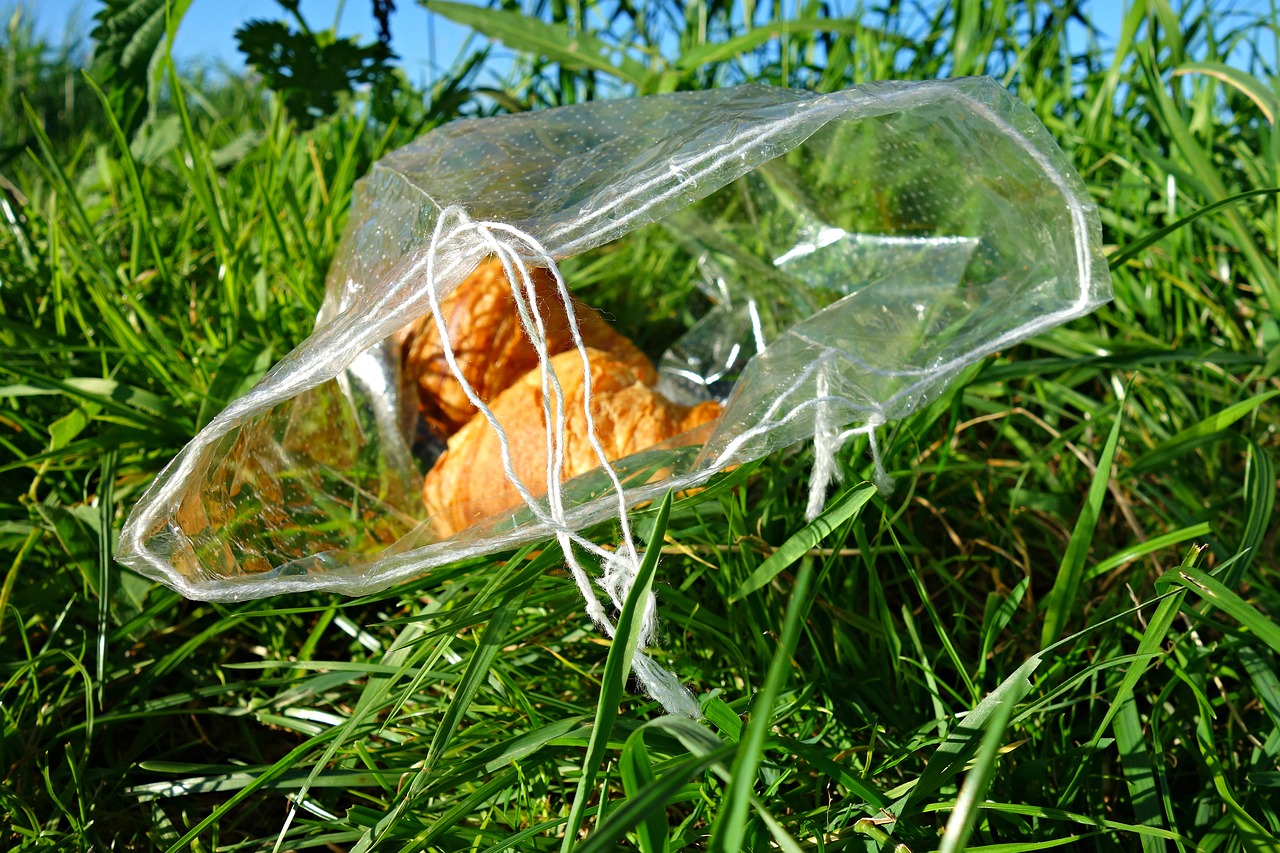
Scientists Complete Genetic Sequencing of Chickpea
- News
- 1.8K
After three years of rigorous research, a team of scientists from International Crops Research Institute for the Semi-Arid Tropics (ICRISAT) here and 21 research institutions across the world has successfully completed the sequencing of 429 chickpea lines from 45 countries.

The new development assumes importance as chickpea is an important crop with high nutrient value and there is a need to generate new varieties with better traits including heat, drought, pests and disease resistance, besides higher yield and productivity particularly in the context of the growing global population and threats posed by climate change.
The genome-wide association studies have identified several candidate genes for 13 agronomic traits. For example, “we could identify genes, which can help the crop tolerate temperatures up to 38 degrees Celsius and provide higher productivity,” said project leader Dr. Rajeev Varshney.
The study lays the foundation for large-scale characterization of the germplasm, population genetics and crop breeding of chickpea and helps understand domestication and post-domestication divergence of chickpea.
“The new knowledge from the sequencing will enable breeders to enhance the use of diverse germplasm and candidate genes in developing improved climate-change ready varieties that will contribute significantly to increase in productivity and sustainability of agricultural development in developing countries,” said ICRISAT Director General, Dr. Peter Carberry.
Among the research institutions that participated in the study are Indian Agricultural Research Institute, Indian Institute of Pulses Research, Osmania University and University of Agricultural Sciences, Bengaluru. BGI Research, a Chinese genome sequencing company was also involved in the project. The study results have been published in journal Nature Genetics. (India Science Wire)
By Chand Ahmed
If you liked this article, then please subscribe to our YouTube Channel for the latest Science & Tech news. You can also find us on Twitter & Facebook.


